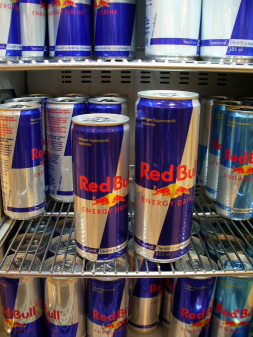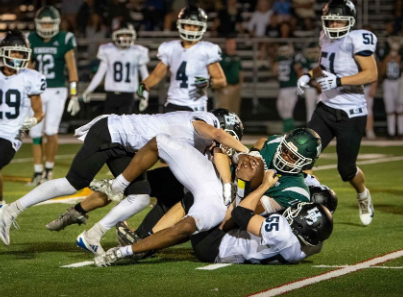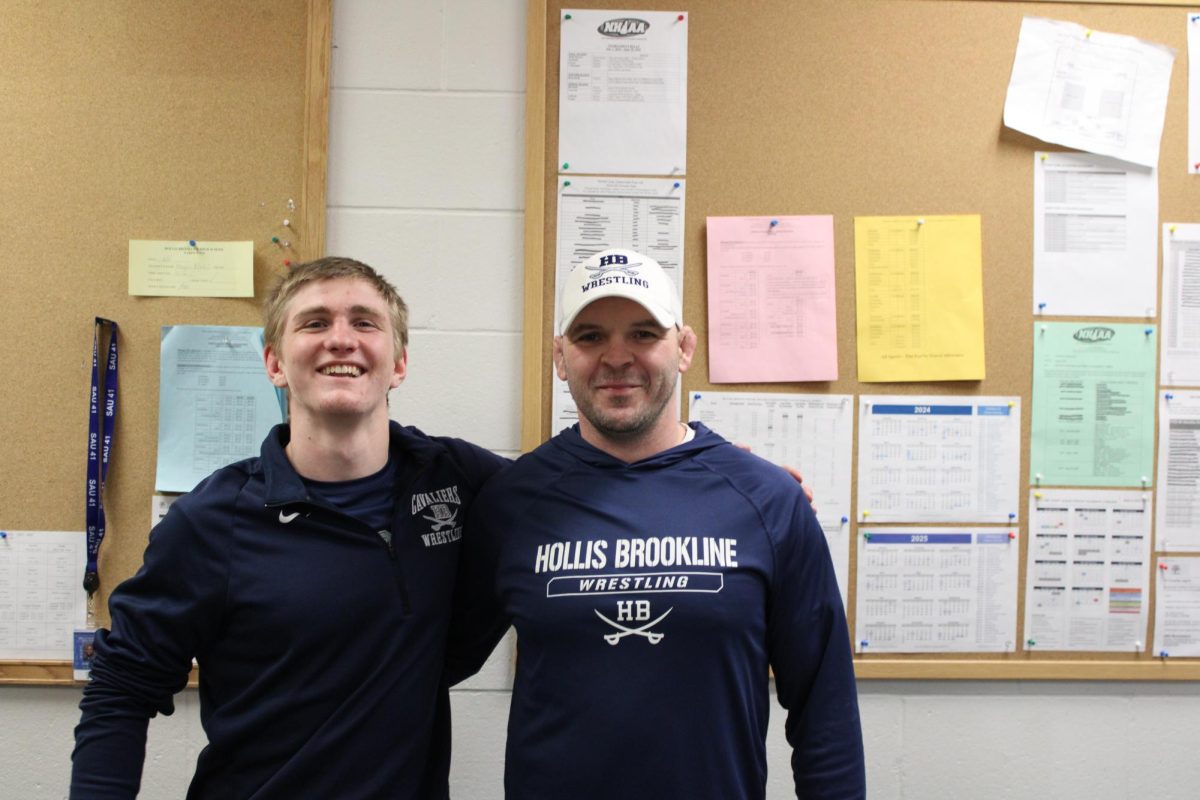
Red Bull, Celsius and Alani are all highly popular names in the energy drink world. Energy drinks are a common and usually overlooked trend in high schools is the consumption of energy drinks. Most popularly, student-athletes have adopted the use of the highly caffeinated drinks as a method of extra energy before games and practices.
Misconceptions on what an energy drink is, are common. So, what is an energy drink? “Energy drinks are beverages that combine different substances among their ingredients, including vitamins, minerals, taurine, amino acids, and mixtures of phytochemicals such as caffeine,” Jorge Gutiérrez from National Library of Medicine. On average, kids who drink energy drinks start consuming them from a young age as a replacement for coffee. Many kids prefer the sweet, carbonated flavor of energy drinks over the more bitter flavors of coffee. Energy drinks are known for their wide variety of flavors from Blue Raspberry to Paradise Punch.
Since the introduction of energy drink consumption in schools is fairly new, the long-term effects are not yet proven. There have not been enough reliable studies done on the outcome of energy drinks. “Moreover, the effects of chronic high-dose caffeine and taurine intake in children, adolescents and athletes are not yet known,” said author David Varillas-Delgado of Energy Drinks and Sports Performance. Many student-athletes look to energy drinks for a quick burst of energy before games and practices, although the effects that they describe are not always positive. “They give me a headache. I usually get tired every time I drink an energy drink” said Damien Wargo ’25, former center for Milford High School Varsity Football.
The effects of energy drinks on student-athletes are different for everyone. Some experience problems with focusing in class, higher anxiety or even muscle soreness. “The regular consumption of energy drinks also increases blood pressure and consequently incites problems such as hypertension, tachycardia, and nervousness, all of which can lead to cardiovascular disorders,” said Jorge Gutiérrez.
The student athletes that find helpful effects from energy drinks tend to be unaware of what the drinks are doing to their bodies. “For kids that are younger, the caffeine and other chemicals can have negative consequences in things like cognitive development and attention spans,” said former coach for numerous sports, Justin Ballou.
Student-athletes also commonly face the issue of dehydration. “Energy drinks can also lead to dehydration, which is particularly dangerous for athletes and individuals who engage in strenuous physical activity,” said the Medicine Team from the Air Force Command Team. Between the consumption of information the brain takes in during school hours to the strenuous amount of effort put into practices and games after school, student-athletes have no choice but to be well-hydrated. Being hydrated keeps the brain energized, which in turn, helps aid the student in learning. The consumption of water is also vital to an athlete’s performance. Some athletes feel the difference when drinking energy drinks, “I feel like my hydration is worse,” said Sabrina Hill ’25, senior on the Hollis Brookline Varsity Field Hockey team.
The overall effects of the consumption of energy drinks for student athletes is still mostly unknown. From these sources, energy drinks do help players feel more energized, but they lead to more harmful outcomes.









